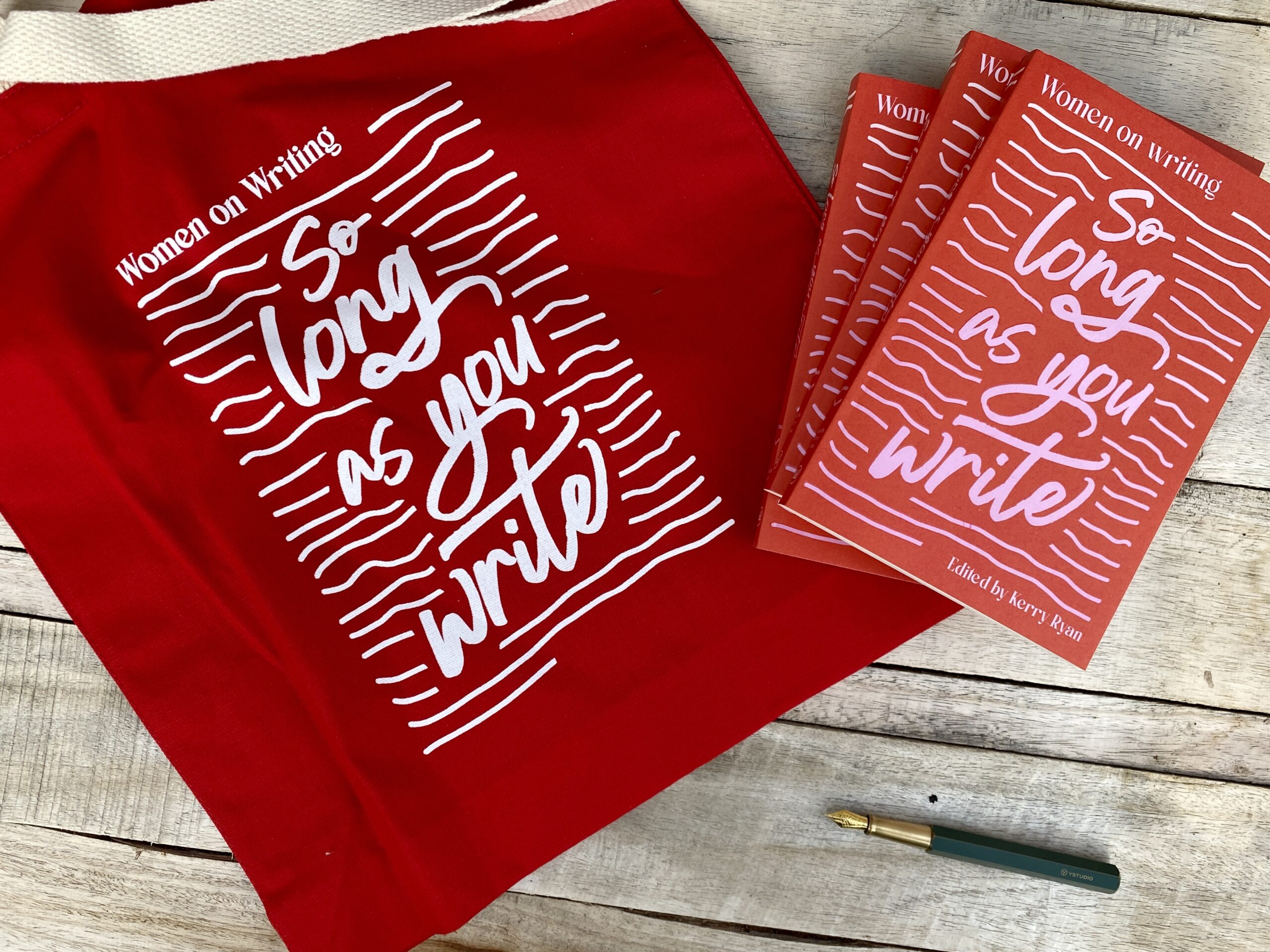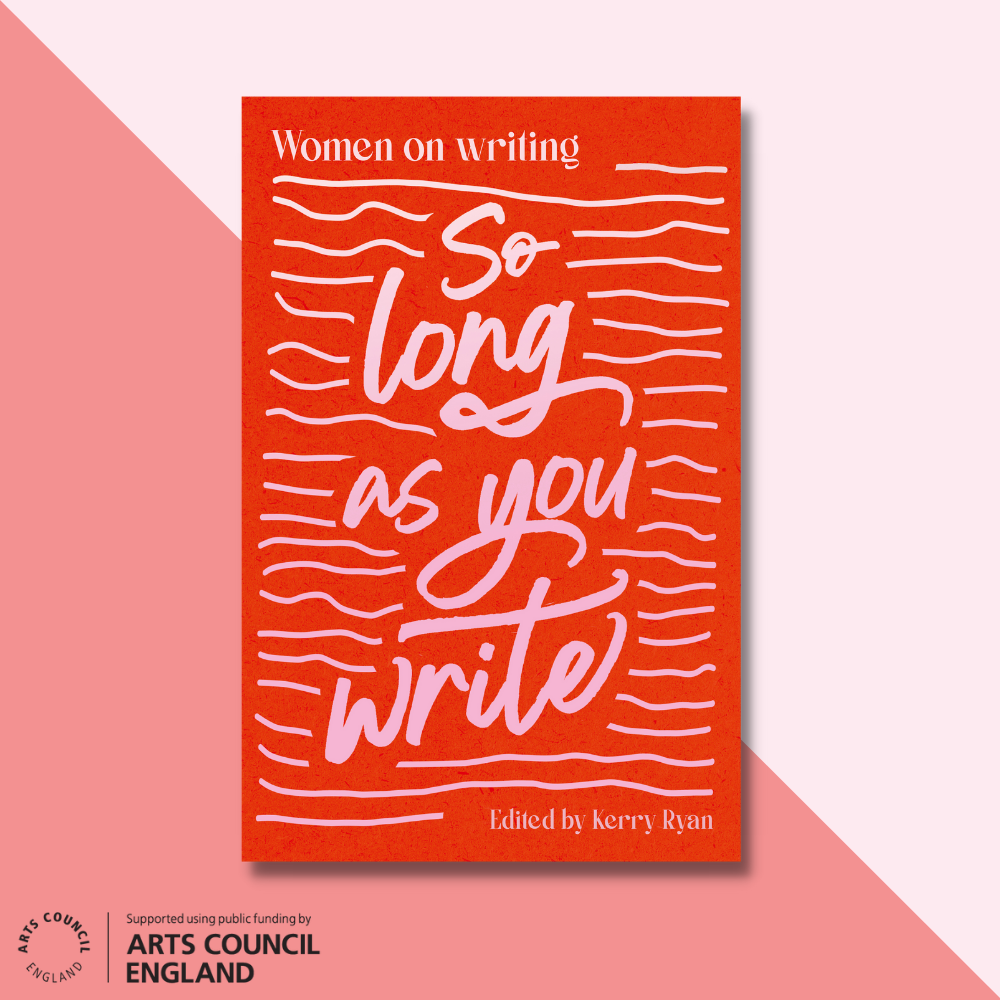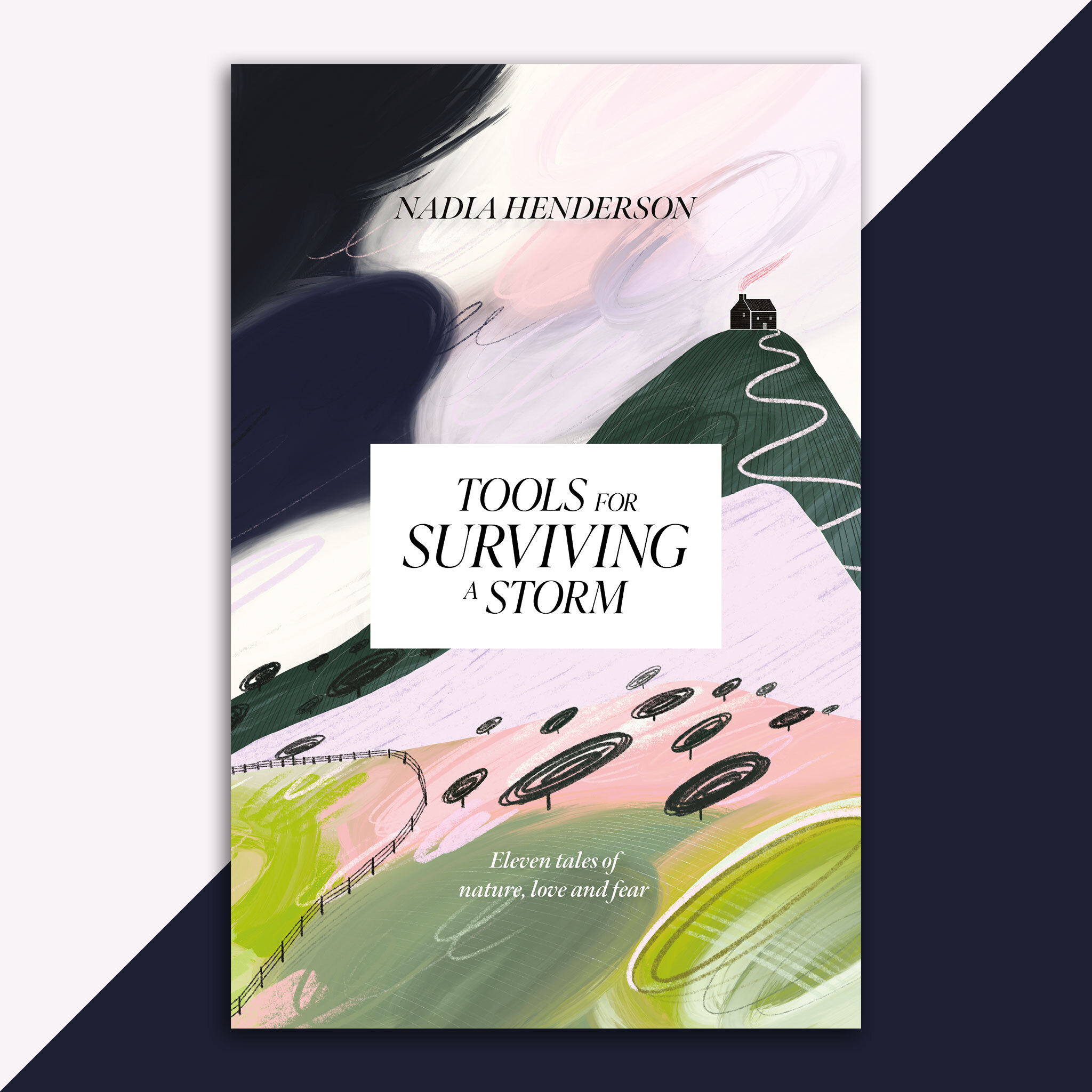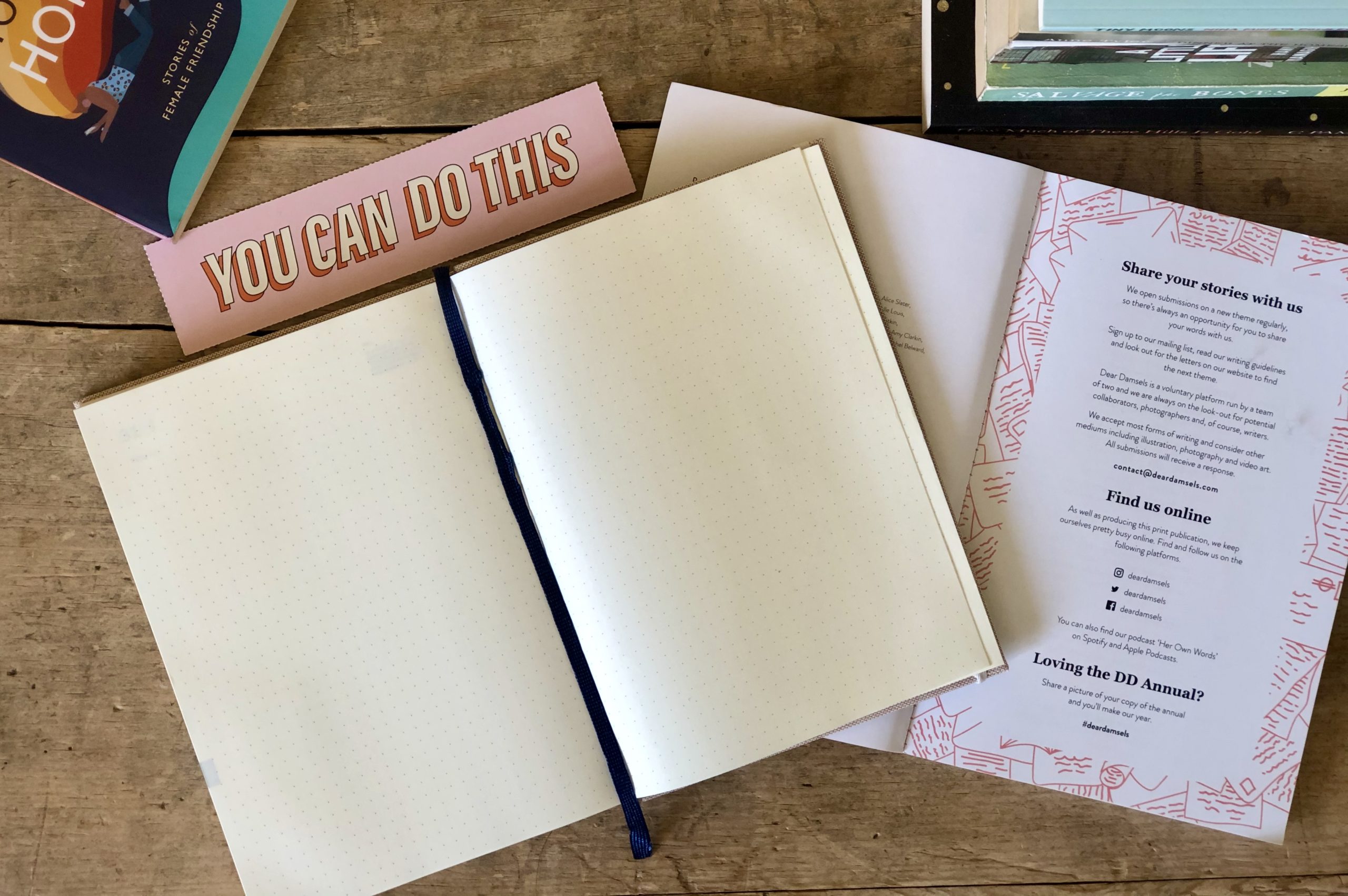TRUTH OR DARE, PROBABLY | Claire Thomson’s protagonist dares her own memory.
by Claire Thomson
I am sitting on my couch. I was surprised to be able to afford a couch at all. I was resigned to the stained beige shapeless things that came with furnished rentals. Landlords must count the stains on inventory day. I know they do, in fact. I added a tea stain to my last couch and my landlord kept my deposit. It was the most expensive cup of tea of my life. I am sitting on a couch that I paid for with my own money that I earned by teaching other people’s children about the Romans and the water cycle. It’s all a surprise.
He is sitting across from me resting his head against the back of the couch and wearing the lopsided smile he had on in his photo. I appreciate the honest advertisement. He probably rehearses it, the smile. His bare feet are on the couch too. I hadn’t thought to count the stains before. I wonder what smile I am wearing, or if I’ve forgotten one at all. I know that my body is wearing jeans that show my ankles and that is as far as I have applied fake tan, and a stripy top that I never know whether to wash with dark or light colours. He is here because I invited him. Against my better instincts, I like the way he holds a wine glass.
“Go on then,” he says, rubbing my ankle, “truth or dare?”
There is no way I will accept a dare on this couch.
“Truth then, if I have to.”
“You know, nobody says dare anymore. Only kids. It’s funny because telling the truth can cause a lot more trouble than tanning half a bottle of something.”
I think he is trying to be profound. Maybe he’s succeeding. Another surprise: 30-year-old men like to play truth or dare.
“Well, then it’s all the more interesting,” I say, and I need more wine, but the bottle is in the kitchen and I’ve committed to this thing now.
He smiles a different smile this time.
“What’s the worst thing you’ve ever done?” He is trying so hard to maintain eye contact that I am worried he will strain something.
I will be honest with this barefoot man on my couch. Just this once.
“When I was nine, I smashed a pot my mum made. She was really good at it, making pots I mean. But I smashed one on purpose and she was upset.”
He looks confused. “Is that it?”
“Yes,” I say.
“That’s hardly shocking, darling.”
“Does it have to be shocking to be bad, or at least a bit upsetting?” It is my turn in this game of profundity tag. I am glad he’s it again.
“Come on,” he says, tapping my red toenails, “out with the story.”
“I was nine.” This feels important. “I had a friend over from school. We were bored I suppose. My mum had all these pots she made lined up on a shelf in the dining room.”
“A dining room, eh? Someone’s from money.” I decide to ignore him.
“I should rehearse these stories, the ones you tell edited versions of to people late at night (…) and you want them to feel like they know you.”
I tell him what I think is true, what probably happened. I should rehearse these stories, the ones you tell edited versions of to people late at night when there is nothing on television that won’t be interrupted by adverts for phone sex, and you want them to feel like they know you. Really, really know you. I am glad that the occasion to perform them seldom arises.
What I remember is coming home with a friend and my mum greeting us at the door in a red cardigan and a necklace made of chunky beads which was probably Fair Trade. The house probably smelled of coffee and incense. My friend and I probably had homework to do, so my mum probably put glasses of water and bowls of mango on the dining table for us and then she probably went back to the drawing or painting she was working on and she would probably let red paint splatter on the cream carpet in an act of defiance against suburbia that this friend’s mum would probably see when she came to pick up her daughter and she would probably say, “Oh, aren’t you creative!” and my mum would probably be delighted that she noticed but would wave a hand and say, “Och, no.” Then my friend and I probably tired of homework and ate all the mango and started talking.
I hope my friend looked around the room for something to do and locked her eyes on the glazed and marbled pots my mum produced in the Tuesday morning ceramics class she attended. “It’s my one thing, John.” I think I heard her tell my dad when he went over Excel spreadsheets of household finances late at night and looked to see where we could cut back. I hope my friend was so bored that she dared me to pick one of the pots up and smash it on the laminate floor. I hope I did this because I was so keen for this girl to like me that I felt I couldn’t say no.
I do not tell him that I can no longer remember if she did dare me to do it at all. I do not tell him that the more I think about it now, the more I think I probably did it because the pots embarrassed me, and I wanted to make my friend laugh. I wanted her to go home to her family, who were from here and had nice accents, that she had a nice time at my house. I do not tell him that as I’m telling him this story and wincing with embarrassment and shame at all the right places, I can’t be sure of what I remember. I do not tell him that this truth is turning out to be a dare. I do not tell him that he was right about dare being the easy option.
I tell him more about what I think is for definite. I definitely remember my mum rushing into the room when she heard the crash and lifting me up because my bare feet were surrounded by shards of her work. I remember the tears in her eyes and the tightness around her mouth. She moved our glasses of water to the living room and put her easel away so we could finish our homework. When my friend’s mother arrived, she didn’t notice the paint on the carpet; some of it dry, some fresh. My mum told her that her daughter had been good as gold. When she left, mum took my hands in hers and asked why I had done it. “I made that, darling. It meant a lot to me.” I told her that my friend dared me to do it. That I was sorry. My father sat on the edge of my bed that night and told me he wished I hadn’t done that and then closed the door behind him. I told the man smirking on my couch all of this. This is what I remember for sure.
I look at his amused face and wish I hadn’t texted him this morning.
“So why did you do it? This heinous act you committed.” He waves his hand around when he says heinous and I hate him for it.
“Kids just do things. Adults worry about why they do them. I’m a teacher, I see it with kids in my class all the time.”
“See, I don’t think you’re right. Kids always mean stuff.”
I put on what I hope is a wry smile and tell him I don’t know why I did it, but it was cruel, and I wish I hadn’t. He rests his hand on my thigh and tells me I am sweet, that people do much worse.
“My turn,” I say. “Truth or dare?”
He sits up and looks as excited as a child waiting for their friend to destroy something. “Dare.”
“I dare you to leave.”
He throws his head back and slaps his knees. “You – you’re something else, you are. Such a tease.”
He stands up. “Wish my teachers had been like you when I was at school.”
He walks towards the hall and slips his shoes on. They don’t have laces. He turns to the front door. Another surprise.
“I’ll text you tomorrow.” He winks and leaves. That’s the thing about dares, you’ve got to do them.
I look at where he was sitting. The soles of his feet have left a mark. I take out my phone. He has texted already. I don’t read it. I open the notes app and take a fresh page. 1. I am going to begin counting the stains.
Claire Thomson | @clairecthomson
Claire works in communications and is studying part time for an MA in History of Art. She likes to read things, grow things, and her dog.






